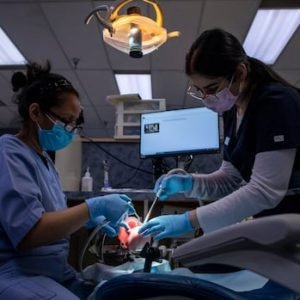
For Peter Cole, an anaesthetist at St Bartholomew’s Hospital in London, the life of a conventional hospital consultant would never have satisfied his intellectual curiosity. He had a busy brain and was keen to push scientific boundaries, and so alongside his clinical work he embarked on a long academic career—at a time when few anaesthetists were engaged in research.
Described by Charles Hinds, one of Cole’s trainees and now emeritus professor of intensive care at Barts, as an “original thinker and true pioneer,” Cole established an innovative research laboratory with “no visible, to us at least, source of funding; his enthusiasm and determination overcoming all the many obstacles he encountered along the way.”
His research covered both anaesthesia and many other topics that interested him, including studying the effects of air pollution and cigarette smoking by measuring carbon monoxide levels in the blood.
“He performed these measurements in smokers and non-smokers, police on point duty, manual and desk bound city workers, and, ingeniously, residents of the Isle of Sark, where there were no cars but plenty of extremely cheap duty free cigarettes,” said Hinds.
In the early 1970s he began researching the effects of passive smoking, a matter that at this time was not widely recognised as a problem. In one study he persuaded 12 non-smokers to sit in an unventilated room for …








